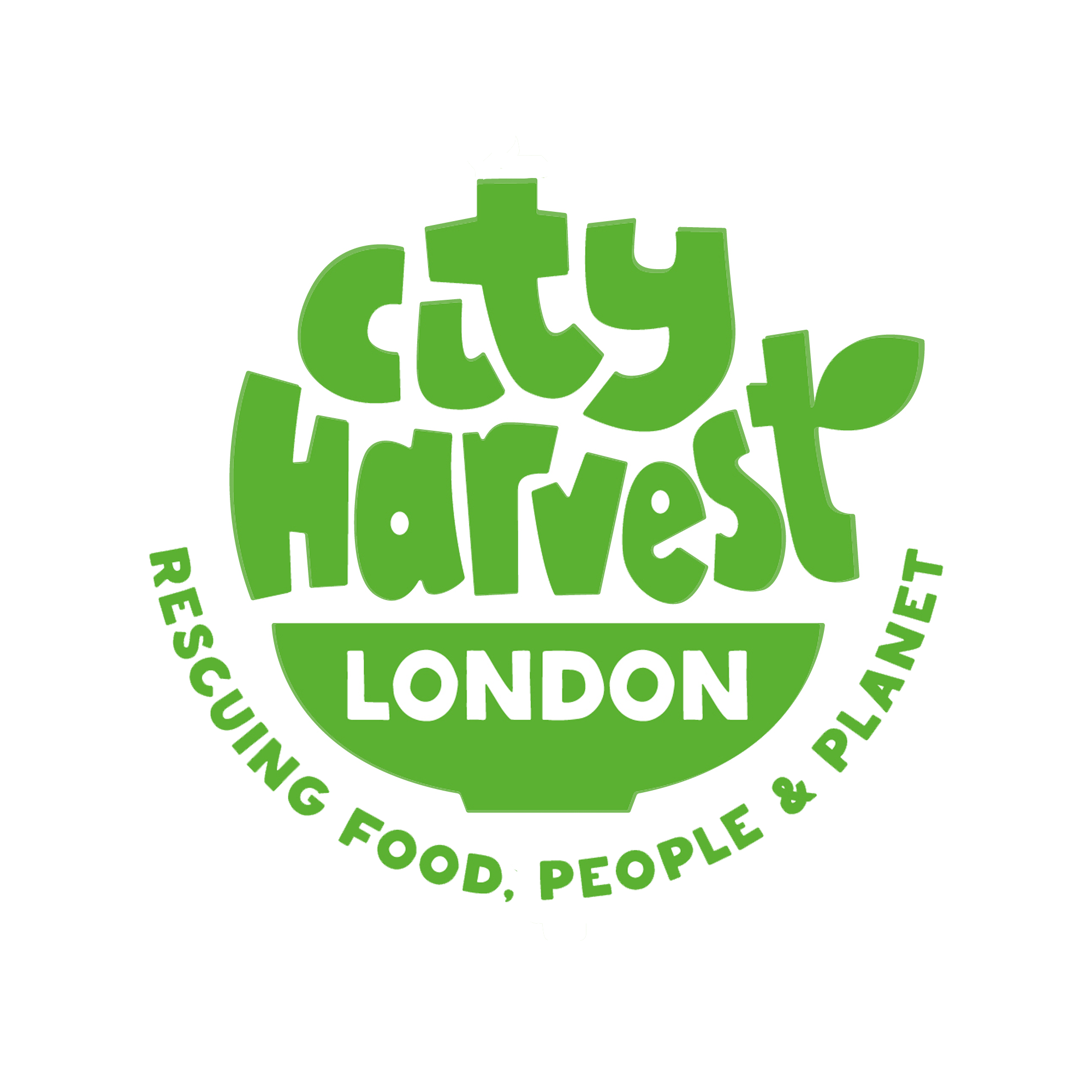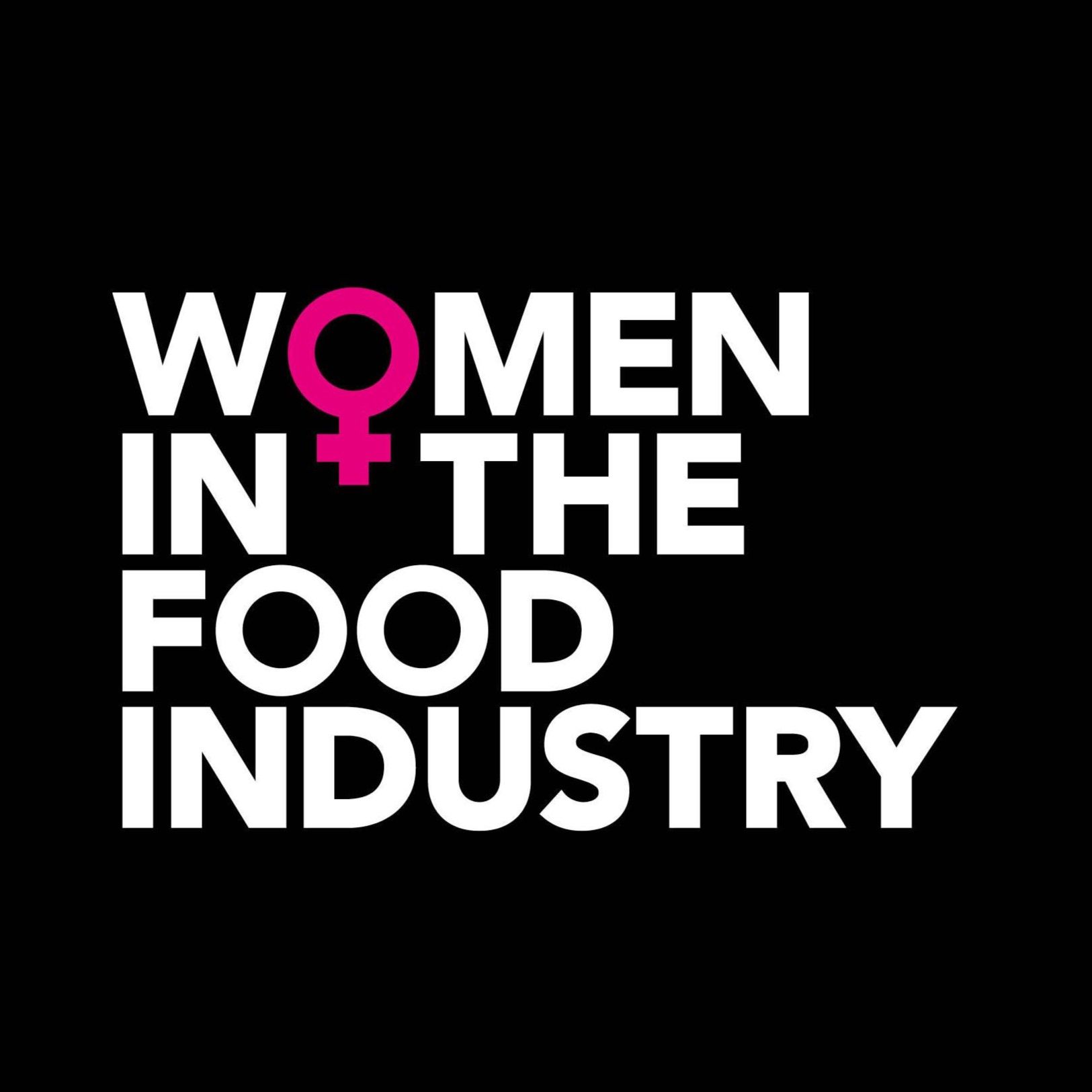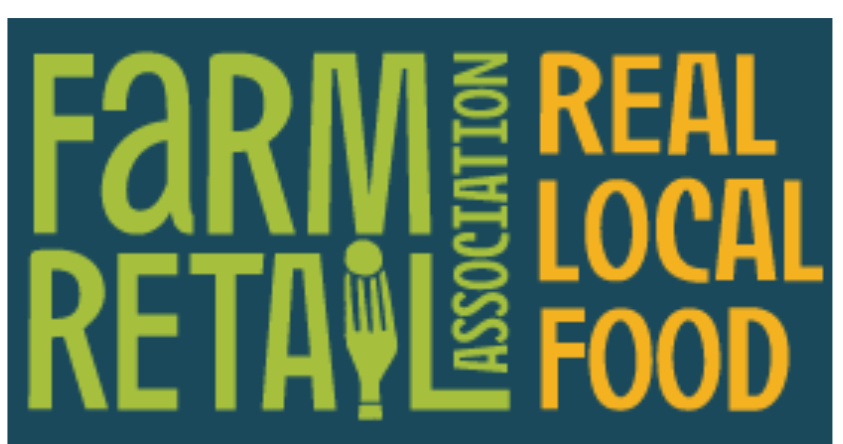City Harvest launches new food value report as St Paul's relaunches harvest festival

St Paul’s Cathedral staged its first harvest festival in years this weekend in response to soaring levels of food poverty caused by the cost-of-living crisis.
The service, in partnership with Speciality & Fine Food Fair charity partner City Harvest, also marks the launch of a new report by the food charity that shows producers and retailers pay over £225 million each year to throw away food that could feed the hungry.
Organisers say efforts to tackle hunger are increasingly struggling to cope with what they describe as “a return to Dickensian times” while food continues to be wasted.
City Harvest’s Chief Executive Officer, Sarah Calcutt, said: “The idea of harvest festival as we broadly know it today originally took hold in the middle of the 19th century. One of its principal aims was to get food into workhouses and to the poor, the elderly and others in dire need.
“The situation today feels shockingly similar. We’ve even seen a massive rise in diseases such as rickets and scurvy, which people tend to think of as Victorian illnesses.
“The fact that St Paul’s was willing to stage its first harvest festival in decades underlines how extraordinarily serious the issue of food poverty has become in this country. And yet producers and retailers are still throwing away staggering amounts of food.”
New research by the charity, including a survey of its 530 food donors, shows that even companies that are redistributing food still send tonnes to landfill and anaerobic digestion. The research shows that:
- 64,500 tonnes of consumable food are processed by anaerobic digestion each year at a cost to producers who send the waste of £220 a tonne – over £14 million in total.
- In total, across the country 4.5 million tonnes of fresh produce are wasted every year simply because of standards imposed on the food industry about size, shape and physical blemishes or because of oversupply.
- This is equivalent to almost a tonne per person for the 4.7 million households in the UK that are ‘food insecure’ – in other words, who do not have reliable access to enough affordable, nutritious, healthy food.
- Assuming an average disposal cost of just £50 a tonne (sorting, transport, disposal etc) – a conservative estimate – then the UK food industry is paying at least £225 million a year just to throw this edible food away.
The charity says many producers and retailers understand the CSR benefits of donating that food, but few appreciate the financial benefits for their own business.
Calcutt added: “Charities like ours redistribute food at no cost to the donor – that helps businesses eliminate costs spent on storage and on disposal. So redistribution can address cost pressures in the food industry, while also helping vulnerable populations gain access to food. And our research shows it’s good for staff morale too – no-one in the food industry is happy throwing away good food.
“Simply incinerating surplus food or using it as landfill is at the bottom of the hierarchy of food recovery. It represents a terrible and often almost inexcusable waste.
“Even sending surplus food for anaerobic digestion, which has become widespread in recent years, is inherently wasteful. I come from a farming background, so I know how easy it is to get caught up in the idea that produce has to be a certain shape or size and that anything else has no value.
“But businesses need to understand this simply isn’t true. There are people who desperately need that food, and there are organisations – like ours – that can get it to them.
“Crucially, there’s also a clear financial benefit in engaging with us, because the alternative is to spend money on needlessly disposing of food that could help still feed people.
“It’s vital that we drive that message home, especially when we’re in many ways witnessing a return to Dickensian times in terms of the appalling impacts of food poverty.”
City Harvest is calling on the government to do more to encourage food redistribution through tax subsidies, simplifying liability protection laws and logistics support.
The Dean of St Paul’s, the Very Reverend Andrew Tremlett, said: “St Paul’s harvest festival is going to be a special occasion and in many ways a celebration, as harvest festivals have always been. It will, however, have a very important message too. There are an increasing number of people in London and across the UK struggling with the cost of living, and in particular the rising cost of food. That’s why we’ve chosen to partner with City Harvest who are working to tackle the issue of hunger, helping to ensure more people have access to healthy, nutritious food.
“Food poverty and insecurity is a serious problem in London, and my prayers continue to be with those who are being forced to skip meals and go without. St Paul’s, alongside churches and parishes across London, aims to offer love and dignity to all, providing food banks and support for local communities. Harvest Festivals can provide us all with an opportunity to give thanks to God and allows us to do God’s work, reminding us of those less fortunate than us and doing what we can to help them.”
Learn more and access the full report at cityharvest.org.uk/food-value-report/








.png)



.png)








